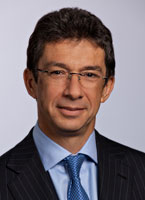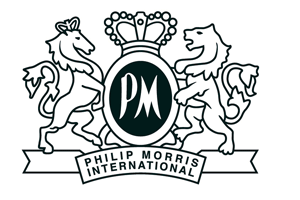The launch of a third IQOS store in London, England, marks a further development in Philip Morris’ pledge to convert 100,000 UK smokers to this heated tobacco product, and to reach its goal of a smoke free future for the UK, according to a press note issued by PM Limited UK & Ireland.
Yesterday, the company opened an IQOS store in Shoreditch, London, at Boxpark, which is said to be the world’s first pop-up mall.
This follows the launch of the brand’s first UK store in Soho, London, which opened in December, and its second store, which opened in Westfield, London, earlier this month.
PM said the new store was Boxpark’s first vaping pop up, and that its opening reflected the increasing numbers of people looking for alternatives to traditional cigarettes.
‘The new East London store marks a further development in the brand’s pledge to convert 100,000 UK smokers to its heated tobacco product, IQOS, and to reach its goal of a smoke free future for the UK, where cigarettes are no longer sold,’ the company said.
‘This pledge is part of PMI’s [Philip Morris International’s] global commitment to offer smokers a range of alternative smoke free products for those that cannot completely quit (which is always the best option). Building its future on this vision, PMI has invested over £3bn into research to develop a broad portfolio of potentially reduced risk products, which includes IQOS and its unique heat not burn technology.
‘The Boxpark IQOS store, which will be open seven days a week, will offer a bespoke in-store experience for customers. In the store, adult smokers will be given guided trials by trained IQOS staff to educate them about how the heated tobacco product works and discuss how they can switch to IQOS. Customers will also have the chance to customise their IQOS device at the store’s personalisation station, which will be a unique offering for customers visiting the Boxpark store.
‘Designed by international creative agency Avantgarde, the Boxpark store is minimalistic with an all-white interior and a lightly coloured stone floor. Intelligent design details such as mirrors, hidden drawers and back lighting create space within the store for a sleek and modern finish.’
“This is a significant development in IQOS’s retail expansion in the UK and we are delighted that the Boxpark team has recognised the unique retail experience our IQOS store will bring,” said Peter Nixon, MD of Philip Morris Limited UK & Ireland.
“Our first store which launched in December of last year has seen a significant response from customers and we are thrilled to be bringing IQOS to East London as part of our growing retail expansion.”









